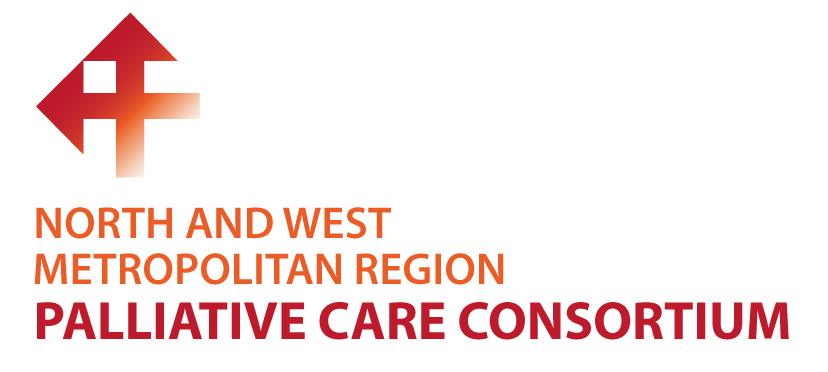Palliative care language and definitions
The World Health Organisation (WHO) definition of palliative care describes “Palliative care is a crucial part of integrated, people-centred health services. Relieving serious health-related suffering, be it physical, psychological, social, or spiritual, is a global ethical responsibility. Thus, whether the cause of suffering is cardiovascular disease, cancer, major organ failure, drug-resistant tuberculosis, severe burns, end-stage chronic illness, acute trauma, extreme birth prematurity or extreme frailty of old age, palliative care may be needed and has to be available at all levels of care. Palliative care is an approach that improves the quality of life of patients (adults and children) and their families who are facing problems associated with life-threatening illness. It prevents and relieves suffering through the early identification, correct assessment and treatment of pain and other problems, whether physical, psychosocial or spiritual.”
The definitions used in the Victorian Government’s end of life and palliative care framework (currently being reviewed) include:
- End of life care: “the care needed for people who are likely to die in the next 12 months due to progressive, advanced or incurable illness, frailty or old age” (p5).
- Palliative care: “an approach to care that improves the quality of life of people and their families who are facing the problems associated with a progressive illness. It does this by preventing and relieving suffering through early identification and assessment, by treating pain and other physical, psychosocial and spiritual problems and by addressing practical issues” (p5).
- Specialist palliative care: A designated sector “funded to provide care for those with the most complex end of life and palliative care needs” (p5). Also noted is that: “Often the most valuable role palliative care specialists play is supporting other healthcare teams and professionals through consultation, advice and support to provide end of life care to their patients” (p5).
The Palliative Care Victoria booklet, ‘Living, dying and grieving well: A guide to palliative care’ describes the role of palliative care and specialist palliative care services.
The Palliative Care Outcomes Collaboration (PCOC) is a national program that utilises standardised clinical assessment tools to measure and benchmark patient outcomes in palliative care. The PCOC Phase Definitions are “a clinically meaningful period in a patient’s condition that is determined by a holistic clinical assessment which considers the needs of the patients and their family and carers”. The phases are stable, unstable, deteriorating, terminal and bereavement.
